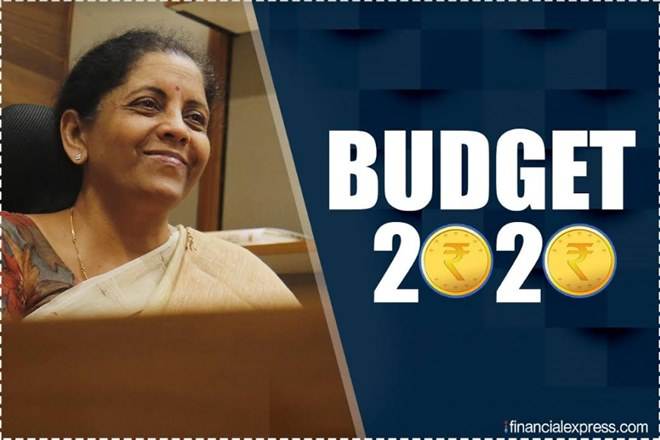By Siddarth Pai and Tanuj Bhojwani
Budget 2020-21: In a Budget, a small turn of phrase could usher significant change in the economy. For the first time we heard the term ‘new economy’ to describe a range of industries and business models such as artificial intelligence, drones, quantum computing, and so on. Finance minister Nirmala Sitharaman said that the new economy is “predicated on innovations that disrupt existing business models.” The full import of this statement is significant—in the new economy, we need engines of innovation, but, more importantly, we also need to prepare the existing industries for the impending disruption.
The Union Budget FY21 laid the framework for India’s transition to an innovation-led economy. The role of intellectual property will be critical as it has become the new ‘natural resource’ that will drive economic development in any nation. Hence, this Union Budget has acknowledged need for investments into new-age technologies. In fact, initiatives such as mapping the genetic landscape of India will create the foundation for a new paradigm of bespoke medicines. The heterogeneity of India’s population makes this step not only welcome, but necessary. Such mapping will allow for significant research and development (R&D) in the field of biotechnology and pharmaceuticals, among others.
It is encouraging to see the government open up in its approach to industry formation. It is hoping to create an attractive playing field on which the private sector, domestic and foreign investors and other players can work together. Funding early-stage start-ups, allowing for PPP and creation of technology frameworks will ease the bottlenecks in creating world-class intellectual property in India. However, given the sensitivity of the data, we need to make sure concerns of privacy are addressed right from the get-go, and not tacked on as an afterthought.
Quantum computing has been identified as a potential industry. The outlay of Rs 8,000 crore over five years will help kick-start investment in this field. Countries like the US and China have already announced billions of dollars of funding. Indians have made gigantic strides in this field the world over; now India will come into its own.
While these are positive steps, we are concerned they are not bold enough. Innovation investments have a long incubation period. To become an innovation economy in the next 10 years needs increased R&D investments in both public and private sector, early-stage rupee capital formation, the ramping-up of digital public infrastructure, an aggressive shift to an open-API based value chain. Most importantly, we need the creation of a zero-friction environment for our entrepreneurs to happen today. We also need to remove barriers to domestic investments and create a level playing field for all investors and stakeholders. India Inc cannot afford to be left behind or mute spectators.
Software is eating the world, but AI has the power to create a new world order. India, which missed the Industrial Revolution and nearly missed the computer revolution, can ill-afford to miss the new revolution. Anything less is a disservice to the country and its citizenry, and will relegate the story of ‘new India’ to a footnote in history, which, in the words of William Shakespeare, will be “a tale … full of sound and fury, signifying nothing.”
Pai expert member, iSPIRT and fellow at iSPIRT
